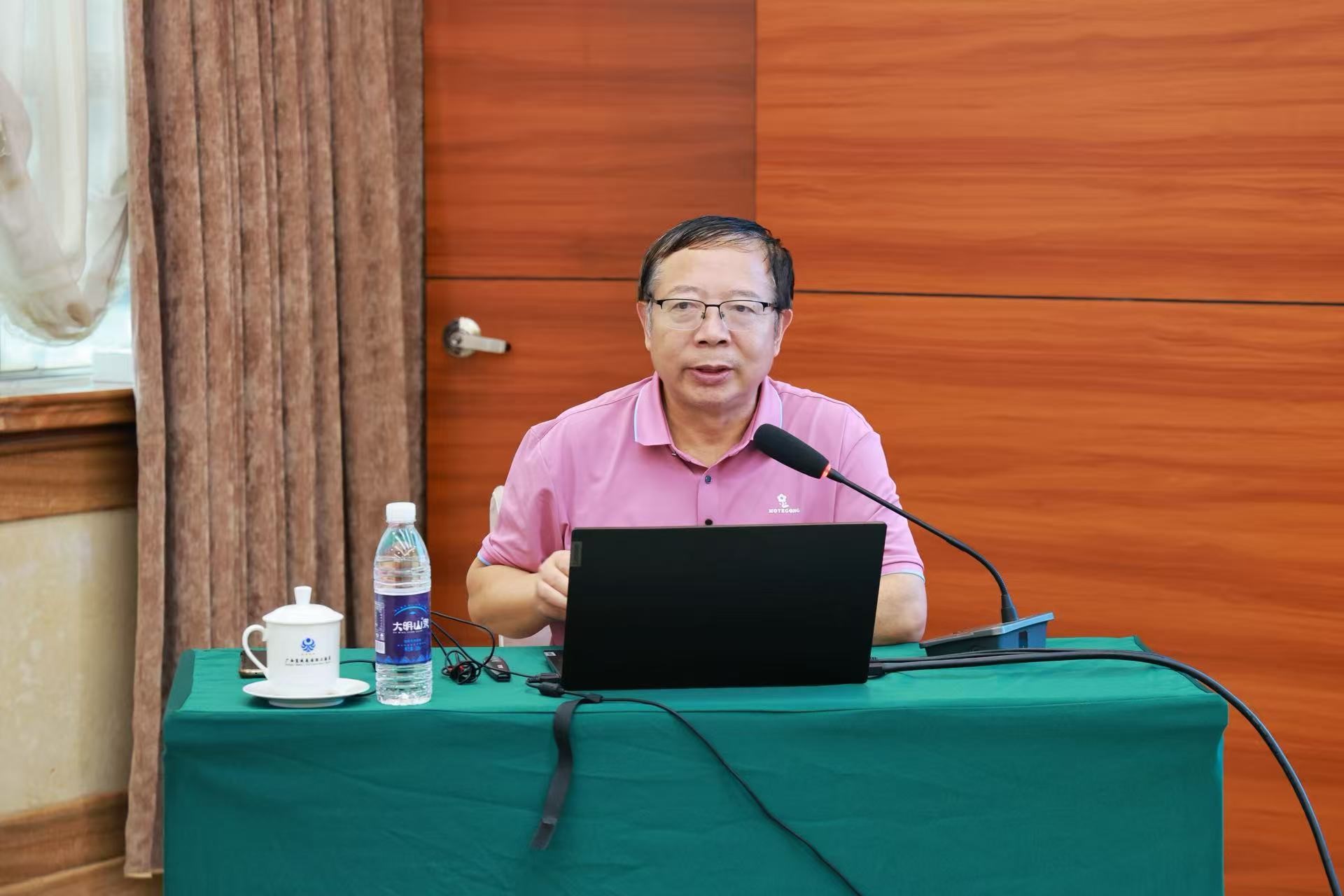Speakers

Yiguang Liu
Sichuan University
Prof. Yiguang Liu, Changjiang Distinguished Professor at Sichuan University, serves as Chief Scientist for Aerospace Information Detection & Intelligent Perception Platform, and sole expert at “National High-end Aviation Equipment Innovation Center”. He holds academic committee positions in multiple provincial defense key laboratories and national engineering centers. Currently serving as Executive Council Member of China Society of Image & Graphics, he co-chaired CCIG2022 and has delivered 20+ keynote speeches at major forums including CAE's Tri-Service Aviation Summit.
With academic credentials spanning Nanjing University of Science & Technology (B.S. 1995), Peking University (M.S. 1998), Sichuan University (Ph.D. 2004), and postdoctoral training at National University of Singapore (2008), he conducted visiting research at Imperial College London (2011) and Michigan State University (2013).
His research integrates modern mathematics with next-gen detection technologies for aerospace applications, particularly in dynamic complex environments. Developed systems have been implemented in long-endurance UAV platforms. He has led over 10 national projects including NSFC key programs and major special projects, publishing 100+ SCI papers in IEEE Trans./CVPR/ICCV, etc. Holder of 26 patents and 18 software copyrights. Awards include the First Prize of Sichuan Science and Technology Progress Award (1/10) and Second Prize of Sichuan Natural Science Award (1/5), plus two IEEE ICME paper awards.


Hamido FUJITA
Malaysia-Japan International Institute of Technology (MJIIT)
Universiti Teknologi Malaysia (UTM)
Hamido FUJITA is Professor at Malaysia-Japan International Institute of Technology (MJIIT), Universiti Teknologi Malaysia (UTM), and head of i-kouza (SEiR-Software Engineering and industrial Revolution) Kuala Lumpur Malaysia. He is also Distinguished Professor of Iwate Prefectural University, Iwate Japan. He is also Research Professor at the Faculty of Science, University of Hradec Kralove, Hradec Kralove 50003, Czech Republic, and Research Professor at University of Granada (Spain), and HUTECH University Vietnam; Expert Excellence Professor at Shanghai University of Medicine & Health Sciences, and Foreign Expert at Hunan University, China. He is currently the Executive Chairman of i-SOMET Incorporated Association, Japan. He is Highly Cited Researcher in Cross-Field for the year 2019 and 2020, 2021, 2022, 2023, 2024 in Computer Science field, respectively from Clarivate Analytics. He is Editor-in-Chief of Applied Intelligence (Springer), Editor-in-Chief of Healthcare Management (Tayler&Francis), and Editor-in-Chief of Knowledge-Based Systems (Elsevier) (2010-2020) and Emeritus Editor of Knowledge-Based Systems, also he is Area-Editor of Array journal (Elsevier).

Zhigeng Pan
Nanjing University of Information Science and Technology
Prof. Zhigeng Pan became a full professor in Zhejiang University in 1996 because of his excellent academic performance. He has published more than 200 technical papers on important journals (such as PAMI, TVCG, IEEE Multimedia) and conferences (such as ACM Multimedia, IEEE VR, ICCV, et al ). He is a member of IEEE, ACM SIGGRAPH. His research interests include virtual reality, computer graphics and HCI. Currently, he is the Editor-in-Chief of international journal Metaverse. Main research fields include VR/AR, HCI,Virtual Human, and Metaverse. The applications are focusing in the fields of education, medical care, culture and sight-seeing. He has got two national level awards and six other awards.

Weisheng Dong
Xidian University
Weisheng Dong is currently a professor and vice dean of the school of AI of Xidian University, and The Yangtze River Scholar of Ministry of Education of China. His main research interests include low-level vision, deep learning and vision understanding. He has published more than 170 papers and got more than 13000 Google citations. He has been an AE of IEEE T-IP and currently an AE of SIAM J. on Imaging Sciences.

Jijun Zhao
South China Normal University
Professor Zhao Jijun is a Changjiang Chair professor at the School of Physics, South China Normal University, and a member of the Discipline Evaluation Group of the State Council Academic Degrees Committee of China. His main research areas include the artificial intelligence-enabled materials design and atomic-level manufacturing. He has published over 800 SCI papers, which have been cited more than 30,000 times. He was ranked 215th in the field of applied physics of on the list of Stanford/Elsevier Top 2% Scientists for career since 2019.
.png)